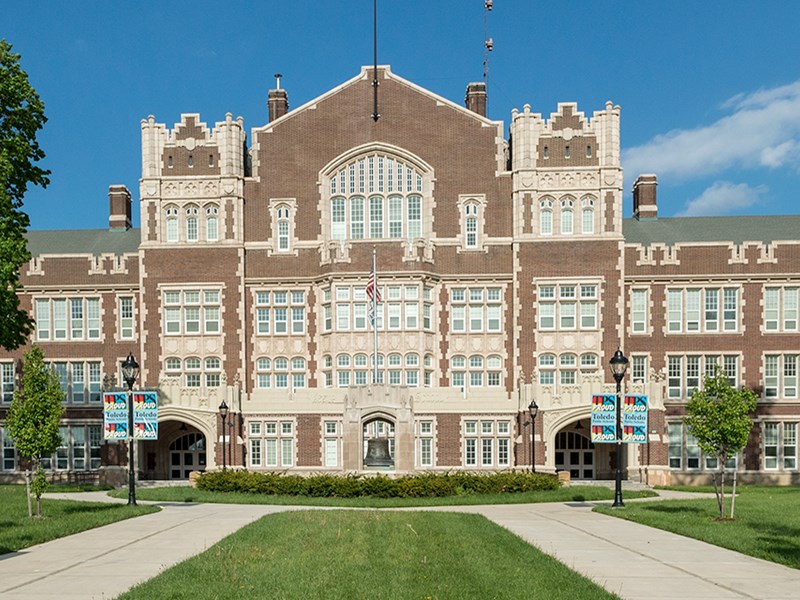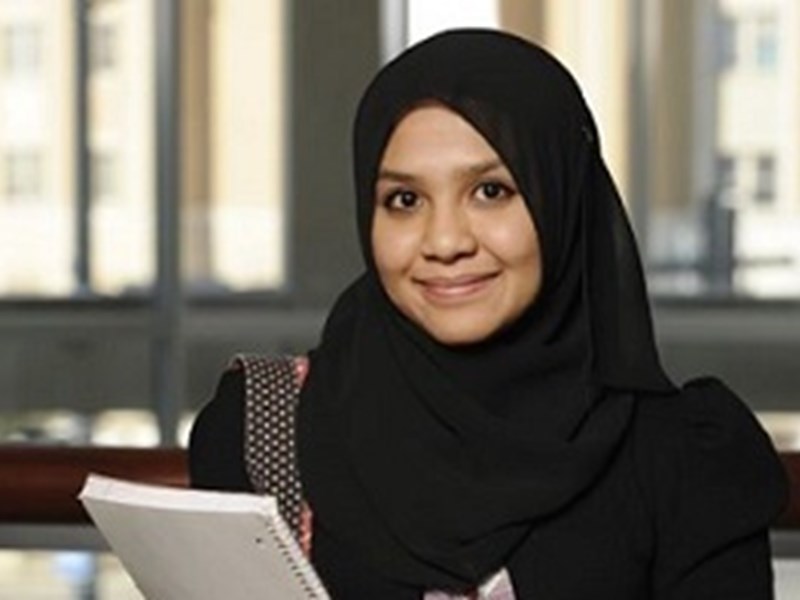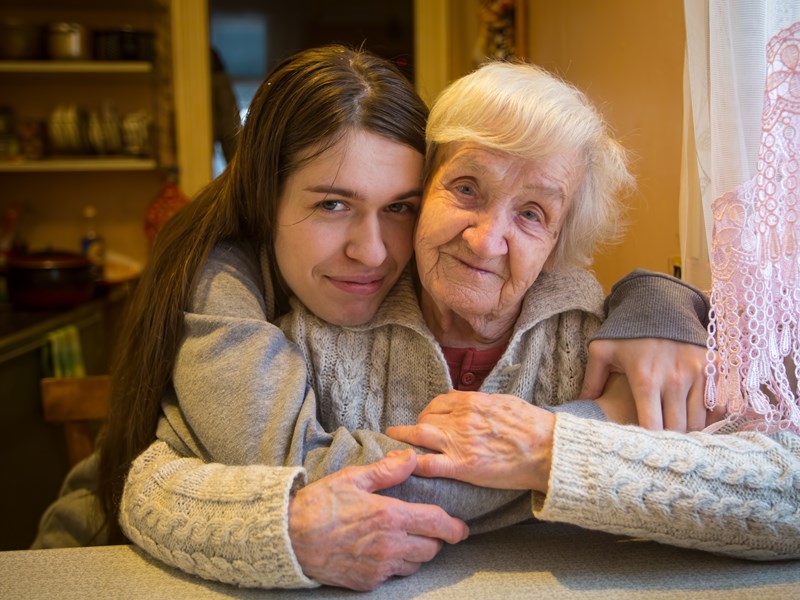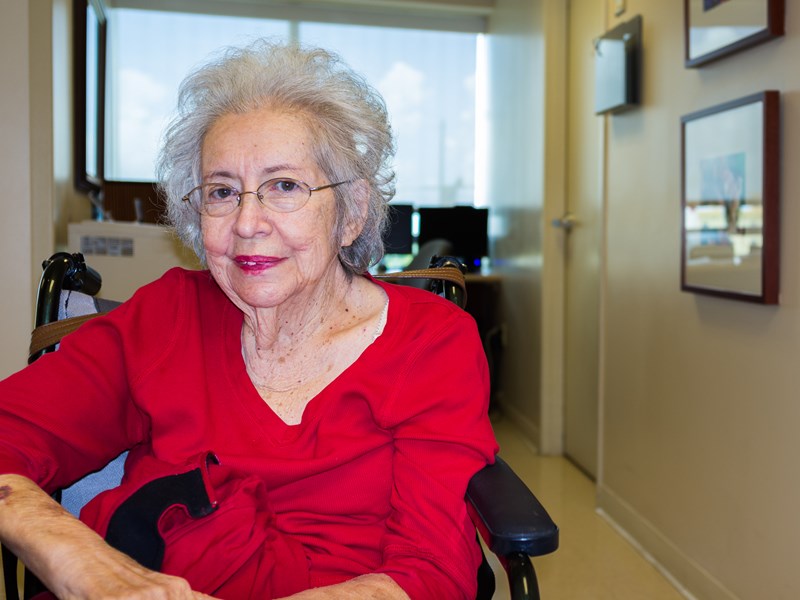Adult protective services contacted the Long-Term Care Ombudsman Program with concerns that Amirah, who was a resident of a nursing home, was the victim of sexual abuse while visiting her daughter’s home outside the community.
News & Resources

Empowering Non-English speaking parents with meaningful access to their children’s education.
Ms. Gonzalez, a refugee who does not speak English, was having difficulty communicating with teachers and staff at her daughter’s school. The school did not provide information in her native Spanish language, so she was not able to participate in her child’s educational developments. Ms. Gonzalez sought ABLE’s legal assistance so the public school would communicate with her in a language she understood as required by law.

Nadia: Fighting for the least restrictive classroom
Federal law has required for more than 40 years that public schools provide special education services in general education classrooms, the least restrictive settings, as much as it is appropriate for each child. In Nadia’s case, that almost did not happen.

Katie’s right to an education
Katie’s mother struggled to get her daughter the education she needs from their rural, public school district. As a young child, Katie struggled with severe behavioral outbursts and would run away from school – even from a school that specialized in working with children with disabilities. Katie has a genetic disorder, autism, attention deficit and behavioral disorders.

Clarissa: Upholding her right to learn
Clarissa’s school removed her from class often without suspension documents, as required by law, to indicate that her behavioral problems were brought on by disabilities. She was sent home so many times that her mother, Ms. Russell, had to quit her job. With help from an ABLE attorney, Ms. Russell secured an Individualized Education Program (IEP), complying with federal law that requires schools to provide accommodations for students with special needs. That allows Clarissa to stay in school and learn.

How Basma triumphed in her fight for an education
When Basma came to the U.S., the public school in her district denied her admission by claiming that her middle school diploma from she received in Syria was a terminal school degree. The school claimed this meant Basma could not attend any additional school grades.

Developmental Disabilities Waiver Project
Everyone deserves an opportunity to live in their community near their family, friends, and support system. People with disabilities may not be able to do that without supports. Medicaid waivers allow people with disabilities and chronic conditions to receive care in their homes and communities.

Certificate of Qualification for Employment Project
Everyone deserves the right to have the ability to get a job to provide for themselves and their families. Some employers refuse to hire a person with a criminal conviction. Ohio law allows for criminal record sealing in certain cases, but limits exist.

Passport Project
A person’s ability to meet the necessities for living a quality life should not be dependent upon where they live. People who otherwise qualify for services that allow them to remain in their home may have difficulty obtaining services for a multitude of reasons.

